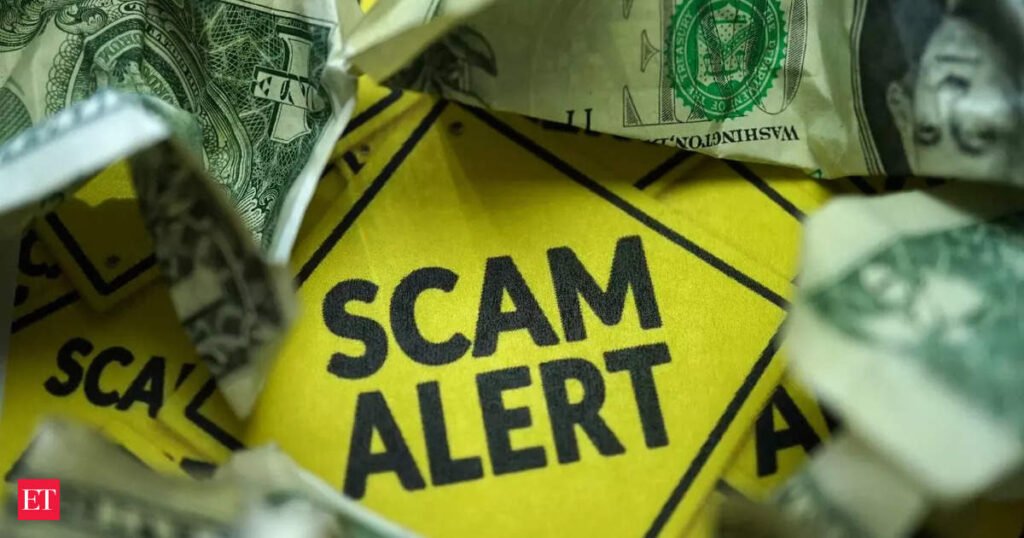NPCI’s Advisory
In its statement, NPCI emphasized the need for safe practices while using digital payment systems. The advisory reads:
“Digital payments are now accessible nationwide, driving India towards a digital-first economy. They offer both security and convenience. However, it’s crucial to use digital payments safely and avoid online scams. Early identification of potential scams helps protect you and your loved ones, fostering a safer, less-cash economy for everyone.”
What is the ‘Digital Arrest’ Scam?
The ‘Digital Arrest’ scam involves fraudsters impersonating officials from government, law enforcement, or financial regulators. They use fear tactics, such as threats of arrest or legal action, to manipulate victims into revealing sensitive information or transferring money.
Common tactics include:
Impersonation of Officials: Scammers pose as police officers, tax officials, or regulatory authorities.
Fear and Urgency: Victims are often warned of legal action and coerced into making quick decisions.
Requests for Money or Information: Fraudsters demand payments or sensitive details to “resolve” alleged legal issues.
Recognising a Digital Arrest Scam
NPCI highlights the following warning signs to identify such scams:
Unexpected Contact from “Officials”
Be wary of calls or messages from individuals claiming to represent government bodies. They may allege involvement in crimes such as money laundering or tax evasion and threaten immediate legal action.
Fear-based Language and Urgency
Scammers may use official-sounding terms, create fake police station setups, or disguise themselves in uniforms during video calls. They pressure victims to act quickly.
Requests for Sensitive Information or Payment
Victims might be asked to transfer money to designated accounts or provide personal information under the pretense of clearing their name or assisting with investigations.
How to Stay Safe
NPCI advises the public to follow these steps to protect themselves:
Pause and Verify:
Do not panic if you receive unexpected calls or messages about legal issues. Real authorities will not demand money or conduct investigations over the phone. Verify the caller’s identity through trusted sources.
Use Support Channels:
Report suspicious activities to the National Cybercrime Helpline at 1930 or the Department of Telecommunication’s online portal: https://sancharsaathi.gov.in/sfc/.
As India moves towards a cashless economy, NPCI’s advisory serves as a timely reminder to stay vigilant against scams targeting digital payment users. Public awareness and prompt reporting of suspicious activities can help curb such fraudulent practices.




